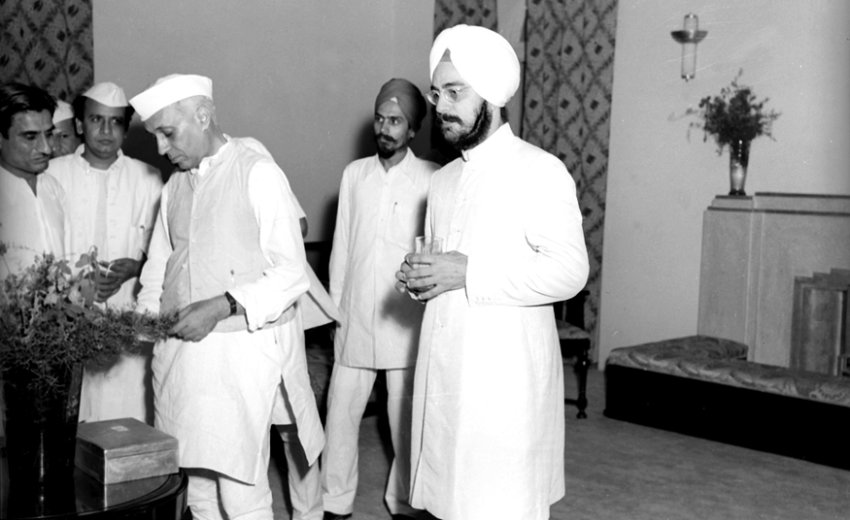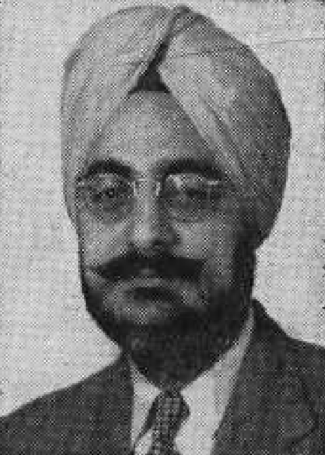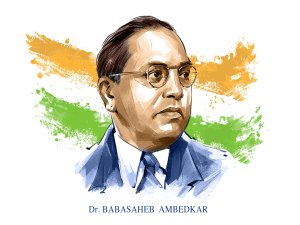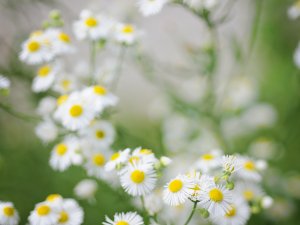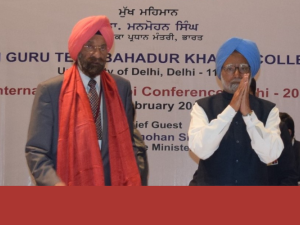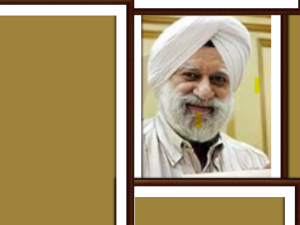India got Independence from the British rule in August 1947 and soon after the Sikh princely states like Patiala Nabha, Faridkot, Kapurthala, Jind, Kalsia, Nalagarh and the Muslim state Malerkotla were merged to form a new state ‘PEPSU’ on July 15, 1948. Maharaja Patiala Yadvinder Singh became the Raj Pramukh and Maharaja Jagjit Singh Kapurthala was installed as Deputy Raj Pramukh. S. Gian Singh Rarewala was made Prime Minister. The first general elections for Parliament and State Assemblies were held in 1952 in Independent India. The Congress party headed by Pandit Jawahar Lal Nehru was voted to power all over India except in PEPSU. Akali Party led by Master Tara Singh was able to form the first non-Congress government in one State of India headed by S. Gian Singh Rarewala as Chief Minister. Rarewala with no background in politics was in service at many posts in Patiala State; from Magistrate to High Court Judge, Deputy Commissioner, Revenue Commissioner and Secretary to Sardar KM Pannikar - the then Premier in the State.
Rarewala got a unique honour of becoming the first elected Sikh Chief Minister in Independent India. Later on in 1956 S. Partap Singh Kairon became Chief Minister of Punjab.
S. Gian Singh Rarewala was born on 16 December 1901 at his mother’s village Bhari in Ludhiana district. His own ancestral village was Rara, in Patiala State, where his father Ratan Singh was a close relative of Maharaja Bhupinder Singh. Gian Singh passed his matriculation examination from Model High School, Patiala and Bachelor of Arts from Mohindra College, Patiala in 1925. He then entered the Patiala state service as Assistant Deputy Commissioner and later served at different positions.
People remember Rarewala for helping refugees who were uprooted from Pakistan and got them settled in Patiala in 1947. His wife Manmohan Kaur provided assistance to all the migrants along with band of volunteers from aristocratic families. Rarewala made Patiala the host of many prominent educationists, Sikh saints, scholars, poets and writers from West Punjab which included Baba Prem Singh Hoti Mardan, Principal Teja Singh, Dr. Ganda Singh, Pandit Kartar Singh Dakha, Sant Kamaliwale, Justice Teja Singh, Kirpal Singh Bedar Urdu Poet, S. Mohan Singh of Rawelpindi and Jaswant Singh Wanta. His most significant contribution was the crucial role he played in raising the status of Punjabi as a language. He made Punjabi the medium of instruction, the administrative language, and the judicial language along with English. His stance of presenting the PEPSU budget in Punjabi, establishing the Punjabi language department and producing for the first time Punjabi typewriting machines, helped the cause of bringing the Punjabi language forward in socio-political sphere. He created a separate department for backward classes and promoted schedule castes as officers. I remember S. Rarewala provided every help to hold the All India Sikh Students Federation Camp in Kandaghat in 1952. He himself along with Master Tara Singh spent a day with the campers.
Nehru the great democrat could not tolerate a non-Congress government in any state and for the first time in Independent India the elected government was dismissed and Presidents Rule was promulgated. In 1955 Punjabi Suba Movement was at its peak and thousands of Sikh volunteers were in Jail. Rarewala as Ex-Chief Minister led a Jatha to Amritsar to support the Akali party. He was elected as President of the Shiromani Gurdwara Prabandhak Committee (SGPC) in 1955. PEPSU was merged in Punjab in November 1956 against the wishes of the people and in 1957’s elections Akali party was merged into Congress and all their MLAs including Rarewala, Badal, Giani Kartar Singh were elected on Congress tickets. S. Hukam Singh also was elected as MP on Congress ticket. In the new Govt. led by S. Partap Singh Kairon, Rarewala was Irrigation and Power Minister. He established an Independent Punjab Electricity Board and village electrification was started by him. Later on he got agriculture department and was instrumental along with Kairon to establish Agriculture University in Ludhiana. Punjabi Suba was formed in November 1966 and government was formed under Giani Gurmukh Singh Musafir as Chief Minister and Rarewala became Minister. In the first Assembly election of new Punjab in March 1957 Justice Gurnam Singh could form a United Front Government and Rarewala emerged as opposition leader. He created history when his amendment on Governor’s address to declare Punjabi as official language was passed with majority in the House. Lachman Singh Gill defected Akali Party and got assistance of Congress Party to become Chief Minister of Punjab. It was to Gill’s credit that Punjabi was declared the official language of the State. Due to political differences Rarewala withdrew the support to him which resulted in fall of the government and Punjab went under President’s Rule.
Rarewala was arrested in Amritsar when he went to support Darshan Singh Pheruman who sacrificed his life for getting Chandigarh into Punjab. Sant Isher Singh Rarewala was classmate of S. Gian Singh and he set up his Ashram at village Rara at the land given by S. Gian Singh. Rarewala was also founder Trustee of Guru Nanak Engineering College Ludhiana. He was a soft-spoken and multi-faceted personality. He was fond of book reading. Despite his aristocratic up bringing he remained very popular among the villagers for his interest in rural development. He spent his retirement mostly in the company of his daughter, Nirlep Kaur who had also been active in politics and was a Member of Parliament. Rarewala passed away in Delhi on 31 December 1979.
SikhNet is honored that Sardar Tarlochan Singh ji, EX-MP, Former Chairman National Commission Minorities, India is sharing his personal recollection of historical events with our audience.
The opinions expressed here are personal to the author and do not necessarily reflect an editorial position of the SikhNet staff or board.
